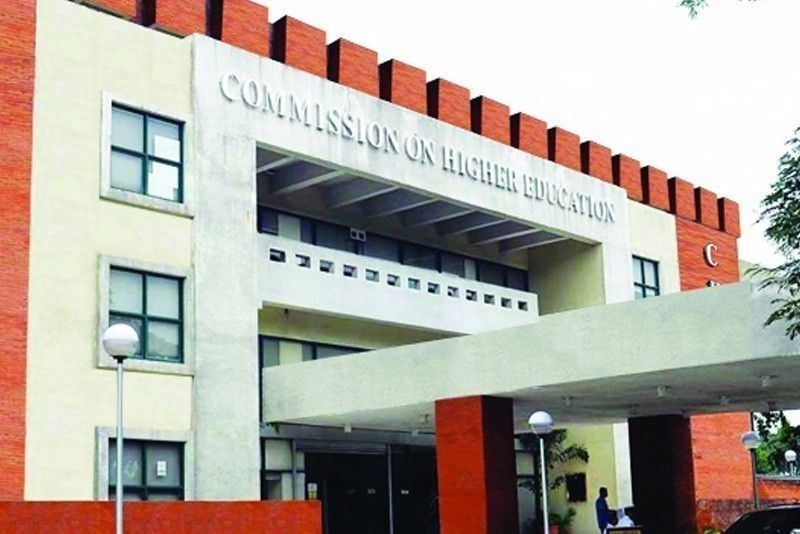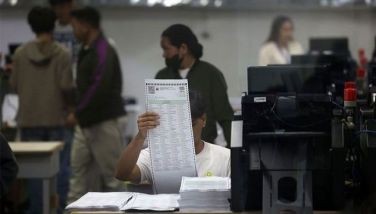CHED defends data on world university rankings

MANILA, Philippines — The Commission on Higher Education (CHED) on July 26 released the list of 52 Philippine higher education institutions (HEIs) that President Marcos referred to in his State of the Nation Address (SONA) as belonging to “world universities rankings.”
CHED chairman J. Prospero de Vera III issued a statement disputing a report that fact-checked Marcos’ claim in his SONA, where he said: “More and more of our higher education institutions have reached world-class status. This year, 52 Philippine HEIs have been included in the World Universities Rankings, compared to just 15 last year.”
“The Commission furnished this data to President Marcos based on the published reports of Quacquarelli Symonds (QS World, Asia and Stars), Times Higher Education (THE World, Asia and Impact Rankings) and the World University Rankings for Innovation (WURI),” read De Vera’s statement.
“CHED reiterates its position that as of May 1, 2023, there are 52 Philippine higher education institutions included in world university rankings,” he added.
De Vera explained that three ranking metrics were identified by CHED pursuant to the implementing rules and regulations of the Transnational Higher Education Act.
The QS and THE Asia rankings are regional lists and are distinct from the two organization’s respective “World University Rankings.”
THE’s Impact Rankings evaluates universities in terms of achieving the Sustainable Development Goals, while WURI “evaluates the university’s real contributions to the society, highlighting creative and innovative approaches of universities’ research and educational programs.”
QS Stars, meanwhile, is a ratings system different from the rankings released every year.
“Rather than comparing institutions against one another, they are judged on how they perform against a set standard. QS Stars is an audit on the strengths and weaknesses of a university,” QS said in its website.
CHED maintained that the QS Stars, which rated 28 Philippine HEIs in 2022, is considered a ranking. It did not address the inclusion of the regional lists in the data.
“The President made mention and recognized 52 public and private universities that are now included in international ranking. These are universities that consciously benchmark with other universities abroad, improve their quality of education and create partnerships with other universities,” De Vera said.
“By doing all of these, the net result is we will continue to produce world class professionals,” he added.
Meanwhile, for the Alliance of Concerned Teachers (ACT), President Marcos has failed to report the “real” state of Philippine education during his second SONA.
During his SONA, Marcos outlined several plans of the government to address issues in education such as efforts to strengthen learning recovery, augment the school workforce, address the shortage of classrooms and facilities, recalibrate the K-10 curriculum and make students more resilient.
But ACT noted the lack of details and specific action plans to address these issues.
“President Marcos Jr.’s claim that learning recovery is at the forefront of the administration’s education agenda stands in stark contrast to their half-baked implementation of full face-to-face classes despite immense shortages in classroom, school infrastructure, teachers, teaching and learning resources and education workers or support personnel,” said the group.
It urged the government to effect “game-changing measures,” including allocating higher budget for education, conducting a comprehensive learning assessment, raising the salaries of teachers and personnel, improving the benefits of workers and upholding academic freedom and rights of trade unions.
- Latest
- Trending































